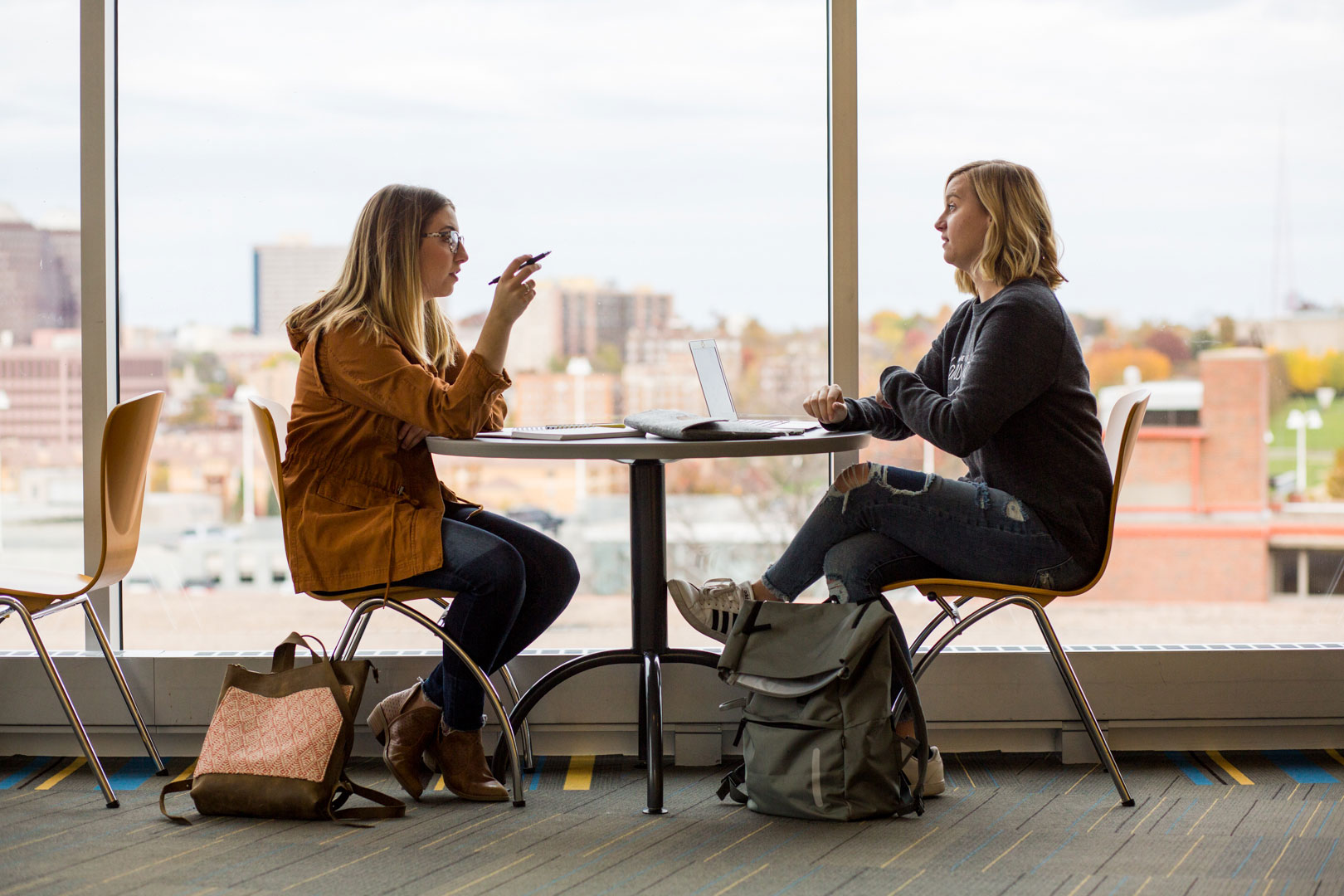
This Peer Observation Program is in its second year at UMKC and will be conducted in both fall 23 and spring 24 semesters. This program is designed to promote teaching development through creation of a collaborative partnership between the faculty member being observed (the Observee) and a trained Observer. Observees can choose to identify a specific area of focus for their observation or ask for a more generalized observation. For the pilot, the courses observed must be offered in the traditional classroom format (face-to-face). This program includes focused conversations between the trained Observer and Observee along with guided self-reflection activities.
This program is modeled after the Cycle of Peer Observation as discussed in O'Leary, M. (2020). Classroom observation: A guide to the effective observation of teaching and learning. As discussed in this book, this peer observation program was implemented at an English University and "survey results suggest high levels of engagement and satisfaction with the new approach, with 93% of observe respondents (strongly) agreeing with the statement, 'The observation cycle helped me reflect on my teaching and student learning.'"
The trained Observer will be responsible for facilitating reflective conversations centered around a specific area of focus identified by their colleague. As the focus of this program is formative, and not summative in nature, the Observer will be tasked with asking thought-provoking questions and making factual observations (not subjection evaluations) from their classroom visit to guide their colleagues’ self-reflection on teaching practices and development.
All Observers will attend a training to become peer observers at the CAFE conference. All individuals who wish to function as trained Peer observers must attend this session, even those who have already undergone training in previous years. Trained Observers will then participate in the Peer Observation process with a fellow Observer - both in the role of the Observer and the Observee. Following this cycle of Peer Observation, trained Observers will be paired with a colleague who wants to be observed with these official observations taking place at some point in either the fall or spring semester (at a date mutually determined by the Observer and Observee).
Apply to be a Trained Observer
We are seeking 10-20 faculty who would like to have one of their classes observed by a colleague. This classroom observation will occur in the fall semester, sometime between September 25th and November 17th. This Peer Observation Program is developmentally focused (instead of evaluative) and is designed to be reflective in nature. By working closely with a trained Observer, the Observee maintains ownership over their own professional development. Observees can either choose to identify a specific area of focus for the observation or ask for a more generalized observation.
A trained observer from the pilot program stated that a benefit of the program was collaborating with other educators, stating:
“In every single one of my sessions someone ended up saying "I’d really love your ideas on this" and we brainstormed together and shared resources (without a sense of hierarchy or judgement).”
Here are a few more quotes from past participants about the program:
“I learned to have a great deal more respect for my colleagues in other units and how they can be excellent teachers with completely different styles, traits, and approaches. I learned some of their excellent techniques that I may never have undertaken without seeing how successful they were in the classroom.” - Observer
“Honestly I think the main thing I got out of this was self-confidence in my teaching abilities.” –Observee
Application available NOW! Observations take place between March and April 2025.
Apply to have your teaching observed
Karyn Turla, Ph.D.
CAFE Fellow '24-'25 – Peer Observation Program
Teaching Professor
Division of Biological & Biomedical Systems
School of Science & Engineering
On this page